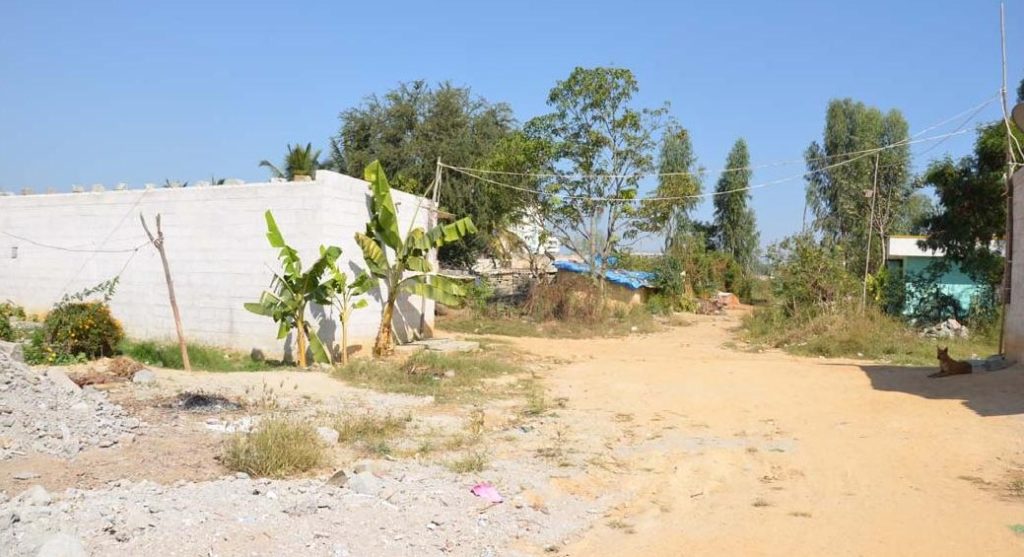What are the factors that keep a lake healthy?
A gentle slope margin and the requirement of marshy wetland area around the lake are things that we understand as crucial features of living lakes. Realization of such nuances helps us in recognizing the harmful soup-bowl design of the rejuvenated lakes too.
However, despite taking measures, lakes suffer routinely. Why?
Encroachments.
In an ever-growing maddening city struggling with lack of space and resources like Bengaluru, encroachment episodes are dime a dozen. Most of the construction that encroaches upon lake area is allowed to happen unchecked. When the concerned authorities finally do take up the issue and order for a complete tearing down of the buildings, it causes heavy loss of money and affects the common man.

Recently, the Supreme Court had overruled the National Green Tribunal’s order of having a 75-metre lake buffer zone. It has now been reduced to just 30 metres, which is the number mentioned in the city’s master plan.
This whole case cropped up regarding construction work at a Special Economic Zone (SEZ) at the Agara lake bed.
A local NGO Namma Bengaluru Foundation had filed a case against building construction taking place on the lake bed, following which the NGT ordered for the maintenance of 75 metres as buffer zone. When the State government and the realtors argued against this and appealed to the Supreme Court, the SC overruled the NGT’s order.
What does this imply?
The lake bed is not suited for heavy building construction. Moreover, the buffer zone distance is necessary between the delicate lake ecosystem and the concretized buildings as it increases the rainwater retaining capacity manifold.
If the immediate surroundings of the lakes are concrete, the rainwater will run off and the groundwater recharging will never take place. Thus, the dried aquifers affect the common man’s water needs.
Therefore, harmful policies can encourage harsh and ignorant treatment of our lakes thus affecting the city’s aquatic coffers in the long run.
Latest Blogs